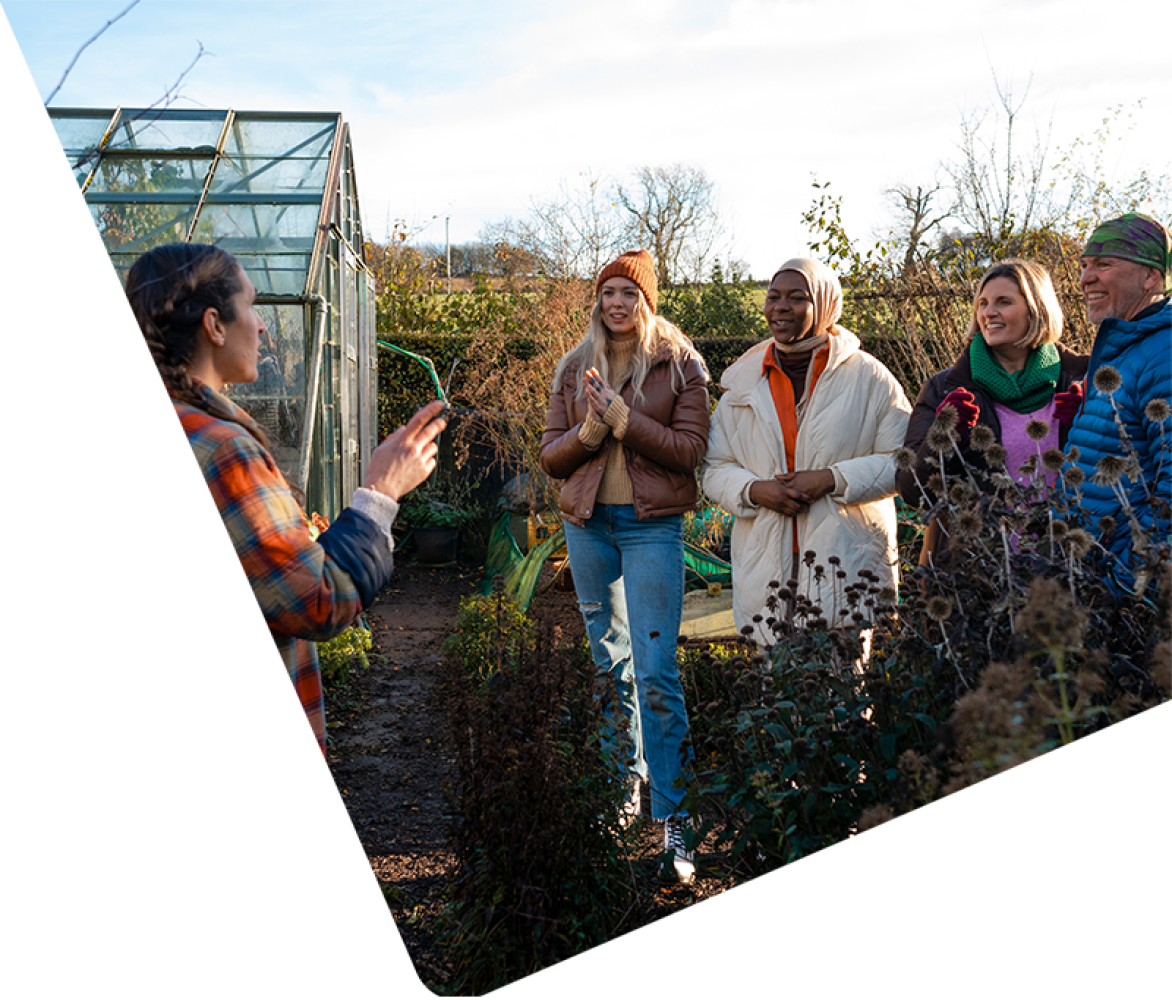On the Edge: How Climate Affects Community Health and Equity

Climate change has serious implications for everyone. However, climate stressors—including increases in the frequency of extreme weather events, frequency of droughts, risk of wildfires, and increasing temperatures resulting in heat islands and other hazards— have the potential to disproportionately worsen conditions for underserved communities in particular. Our society’s responses to climate stressors must involve interventions to address these inequities. For this webinar, Abt was joined by three experts who discussed their experiences addressing the disproportionate effects of climate change. Panelists covered longstanding and more recent challenges for the Navajo Nation as well as people, communities and neighborhoods facing drought, limited access to clean drinking water, and the funding constraints to address these and other challenges. Attendees learned about the climate justice issues many underserved populations are facing, and about applying justice, equity, diversity, and inclusion (JEDI) principles in climate change adaptation planning so in order to develop effective solutions to climate change impacts at the local level.
Speakers:
Joyce Coffee, LEED AP, PL4, President, Climate Resilience Consulting
Heather Joseph, MPH, LCDR, U.S. Public Health Service, Climate and Health Program
Division of Environmental Health Science and Practice, Centers for Disease Control and Prevention
Crystal Tulley-Cordova, Ph.D., M.W.R., Principal Hydrologist, Navajo Nation Department of Water Resources
Moderator
Lisa McDonald, Ph.D., Senior Associate, Abt Global
